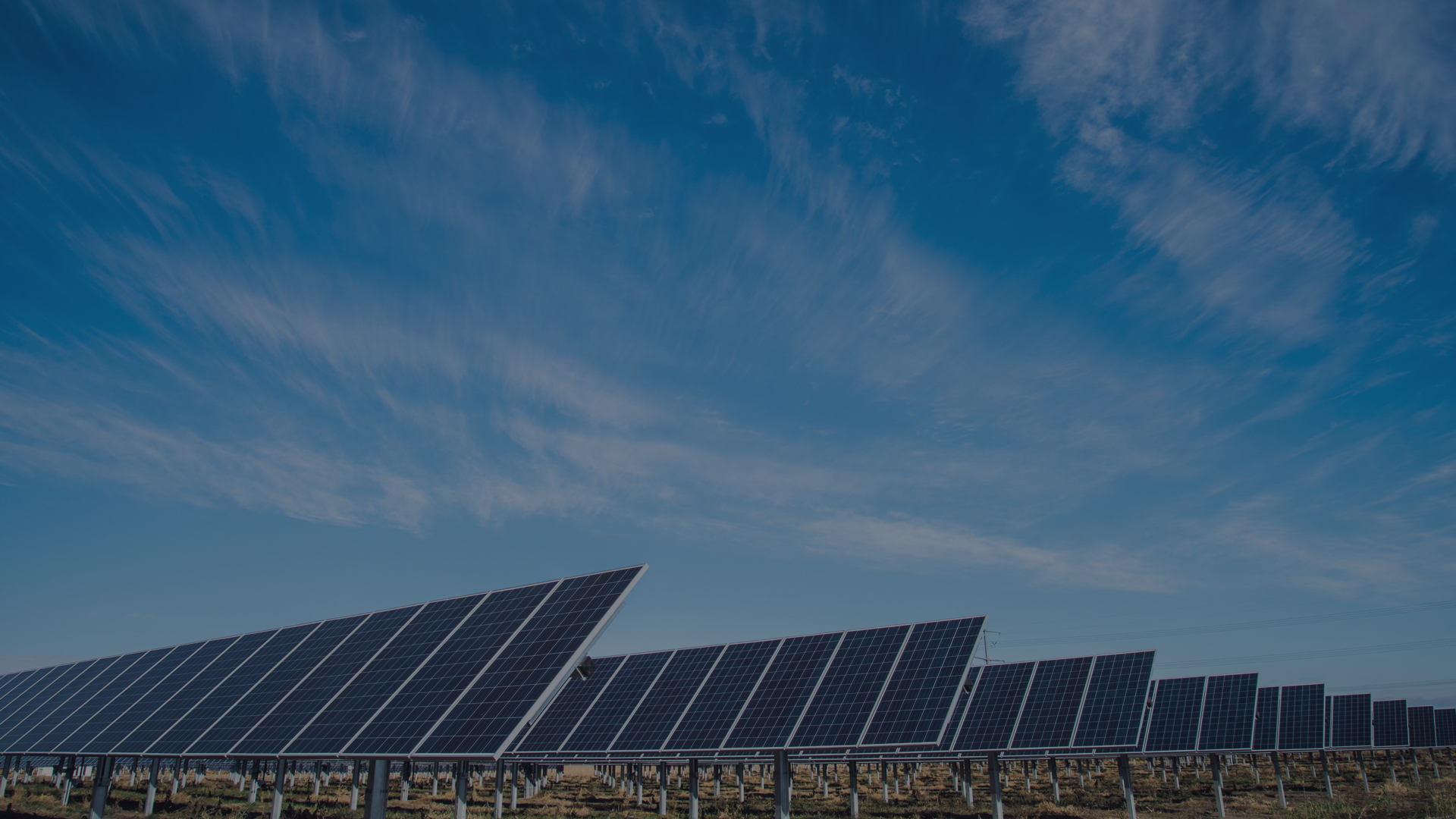A community-owned renewable energy scheme in South Wales is gathering interest, as it aims to address the issue of fuel poverty throughout the area.
With support from the Co-operative Enterprise Hub, the community share project is raising money to install solar panels on the homes of Newport residents who suffer from fuel poverty.
Figures from Fuel Poverty Charter Wales state that one in four household in the principality are suffering from poorly heated homes, which has a negative effect on both health and wellbeing.
The share issue will close on February 25th, before which Generation Community (Gen) hopes that more money will be added to the current fund of approximately £200,000. The first panels were installed under the programme at the end of January.
Providing low-carbon technology to poorer communities is hoped to cut residents' energy bills by approximately 25 per cent, whilst also giving a sustainable return to ethical investors.
Chairman of Gen Community Ltd James Alexander said: "We believe that there is an incredible opportunity to improve the lives of low-income communities through renewable energy technologies. By harnessing natural resources we can help to tackle fuel poverty, lower carbon-dioxide emissions and reduce dependence on fossil fuels."
In order to help reach nationwide energy and climate change goals, community-led initiatives like this one can be a significant boost. Michael Fairclough, the Co-operative’s Head of Community and Co-operative investment, also said that it would help the local area.
"Ambitious community-led projects enable people to control, generate and benefit from their own renewable energy and can contribute to a step-change in people's thinking about energy – a catalyst for a clean energy revolution across the UK," Mr Fairclough added.
Programmes like this are not the only way in which a household can benefit from carbon-reducing technology. The newly introduced Green Deal allows homeowners or businesses to obtain features such as solar panels or double glazing, without incurring up-front fees. Repayments from loans can be made through the savings on energy bills.
